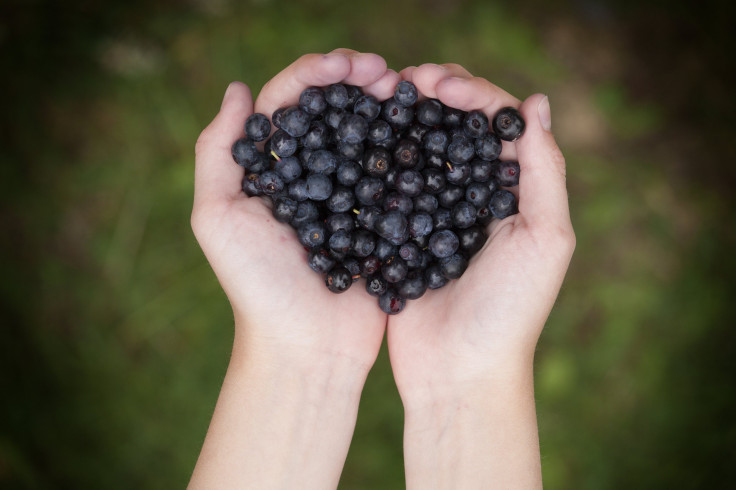PTSD Patients May Benefit From Blueberries; Superfood Helps Overcome Flashbacks From Trauma

Blueberries’ potential powers have been in the spotlight the last 20 years, as studies are increasingly showing the superfood’s health benefits are bountiful in the human diet. Researchers from Louisiana State University took a closer look into the possibilities a blueberry could provide, and found the same kind of beneficiary increase as prescription drugs available for post-traumatic stress disorder (PTSD) on the market today. The study’s findings, which were presented at the Experimental Biology annual meeting this year, found blueberries could actually mimic the effects of a drug.
People who face death, serious injury, have become victims of sexual violence, or have witnessed their loved ones in the same situation, are at high risk of suffering PTSD. As a prolonged stress response, it is associated with an increase of stress and inflammation in the prefrontal cortex and hippocampus — two critical regions of the brain responsible for how we process, remember, organize thoughts, and act.
The only treatment approved to treat PTSD is selective serotonin reuptake inhibitors (SSRIs), such as Zoloft and Paxil. SSRIs work by increasing levels of serotonin (5-HT), which are the chemical messengers that travel between nerve cells and are ultimately responsible for balancing a person’s mood, according to the research. SSRIs can also increase neurotransmitter norepinephrine (NE), which plays a different role in mood and happiness. Knowing this, researchers put blueberries to the test to find out if they can change the levels of serotonin or NE by feeding it to rats.
Researchers studied a group of rats with PTSD. Half were given a standard diet, while the other half had a diet consisting of two percent blueberry-enriched. A third group without PTSD was given standard diet without blueberries for the purposes of comparison. What did researchers find? The group with blueberries showed an increase of serotonin, leading the team to the conclusion that blueberries can, in fact, control the mood of a person with PTSD.
Effectively, the next step will be to try it out on humans, which shouldn’t be so difficult considering blueberries’ tremendous increase in popularity over the last two decades. In 1995, people were consuming 193 million pounds a year, and today Americans are eating up to 735 million pounds, according to the U.S. Highbush Blueberry Council. If high concentrations of blueberries (produced in powder form) could help treat PTSD, it could open up doors for potential natural and holistic drug treatments with little, if any, medical side effects.
Source: Ebenezer PJ. The Neuro-Protective Efficacy of Blueberry in an Animal Model of Post-Traumatic Stress Disorder (PTSD). American Physiological Society. 2015.



























